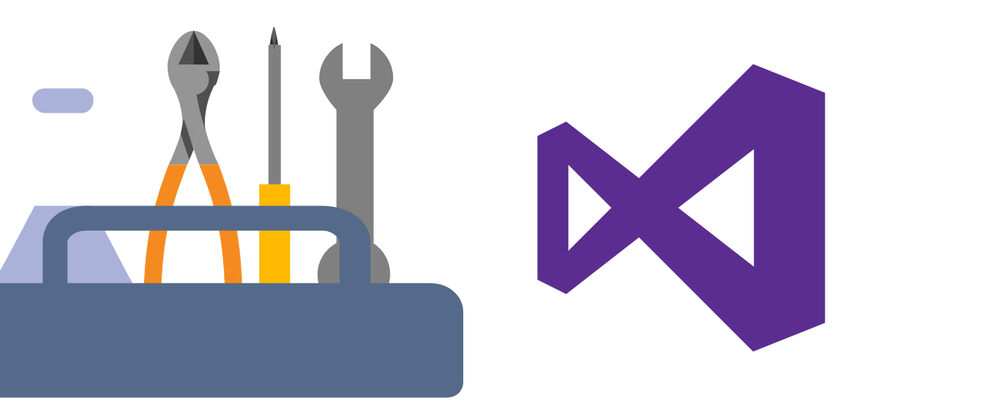Introduction:
In the realm of DevOps, efficient software development practices are crucial for delivering high-quality applications. Build and package manager tools play a vital role in streamlining the development process by automating tasks such as compilation, testing, and deployment. In this article, we will delve into the world of build and package manager tools, exploring their significance in the DevOps landscape.
The Importance of Build and Package Manager Tools:
Build and package manager tools simplify and automate the build process, making it easier for developers to manage dependencies, compile source code, and create deployable artifacts. These tools enhance collaboration, ensure consistency across environments, and enable seamless integration with continuous integration and deployment (CI/CD) pipelines.
Maven: Streamlining Java Build and Dependency Management:
Maven is a widely adopted build and package manager tool, particularly in the Java ecosystem.
It utilizes a declarative approach, employing an XML-based Project Object Model (POM) to define project configuration, dependencies, and build processes.
Maven provides a standardized build lifecycle, simplifying project management and promoting consistent builds.
With Maven, developers can effortlessly manage project dependencies, allowing automatic resolution of libraries and frameworks from remote repositories. The tool facilitates the compilation of source code, execution of tests, packaging of artifacts, and deployment to remote repositories or application servers. Maven promotes code reuse, scalability, and faster development cycles.
Gradle: Flexibility and Performance in Build Automation:
Gradle is a powerful and flexible build automation tool that has gained significant popularity.
It offers a Groovy or Kotlin-based Domain-Specific Language (DSL) for defining build scripts. Unlike Maven's XML-based configuration,
Gradle provides a more concise and expressive syntax.
Gradle excels in managing complex build processes and supports a wide range of programming languages and platforms. It offers advanced features such as incremental builds, parallel execution, and caching, enhancing build performance.
Gradle's extensive plugin ecosystem allows developers to extend its functionality and integrate with various tools and frameworks.
npm and Yarn: JavaScript Build and Package Management:
For JavaScript projects, npm (Node Package Manager) and Yarn are widely used build and package management tools. npm, bundled with Node.js, simplifies the installation and management of project dependencies. It provides a command-line interface to download and update packages from the npm registry.
Yarn, an alternative to npm, offers faster and more reliable dependency management. Yarn uses a global cache to store packages, ensuring consistent and reproducible builds across environments. It also supports offline installation and parallel execution, enhancing performance.
Conclusion:
Build and package manager tools are indispensable in the DevOps ecosystem, streamlining the software development lifecycle and enabling efficient delivery of applications. Maven simplifies Java project management, while Gradle offers flexibility and performance across different programming languages. For JavaScript projects, npm and Yarn facilitate dependency management and build processes. By leveraging these tools, development teams can improve productivity, ensure consistent builds, and seamlessly integrate with CI/CD pipelines. Embracing the power of build and package manager tools empowers organizations to deliver high-quality software efficiently and effectively in today's fast-paced development landscape.



Top comments (0)